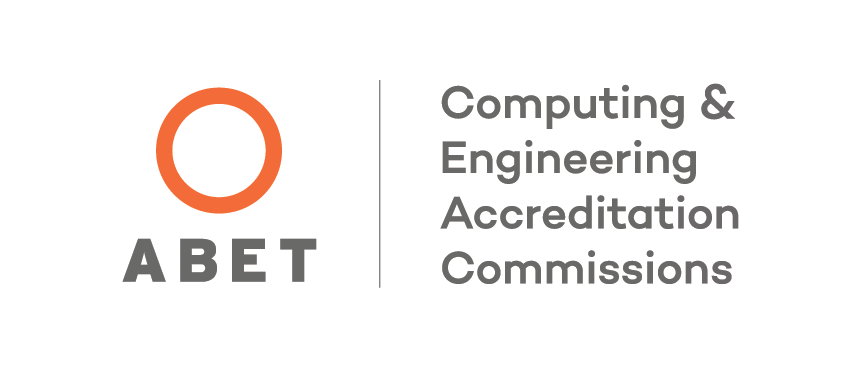Accreditation - Civil Engineering Graduate Programs
Graduate Student Outcomes Assessment
The Department of Civil Engineering has established outcomes for master’s and doctoral students. These outcomes, and the metrics used for their assessment, are detailed below.
Civil Engineering Master of Engineering Learning Outcomes
Technical Ability: Student shows mastery of principal concepts, fluency with relevant policies and methods, and rigorous basis for choices and judgment.
Communication Skills: Student is deliberate, concise, and focused, with clear and consistent organization and structure, so presentation is persuasive. Written products ready for presentation at conference or in refereed journal. Fluent debate in oral defense.
Scholarly Achievement: Student articulates an original idea that is presented in the context of the relevant technical literature. The methods are appropriate, so the conclusions are valid.
Civil Engineering Master of Engineering Assessment Rubric
Civil Engineering Master of Science Learning Outcomes
Technical Ability: Student shows mastery of principal concepts, fluency with relevant policies and methods, and rigorous basis for choices and judgment.
Communication Skills: Student is deliberate, concise, and focused, with clear and consistent organization and structure, so presentation is persuasive. Written products ready for presentation at conference or in refereed journal. Fluent debate in oral defense.
Scholarly Achievement: Potential for impact demonstrated by grant proposals, patent.
Research Methods: Research methods are appropriate and innovative.
Civil Engineering Master of Science Assessment Rubric
Civil Engineering PhD Learning Outcomes
Technical Ability: Student shows mastery of principal concepts, fluency with relevant policies and methods, and rigorous basis for choices and judgment.
Communication Skills: Student is deliberate, concise, and focused, with clear and consistent organization and structure, so presentation is persuasive. Written products ready for presentation at conference or in refereed journal. Fluent debate in oral defense.
Scholarly Achievement: Potential for impact demonstrated by grant proposals, patent applications, or startup companies.
Research Outcomes: Appropriate methods applied, assessed, and updated as necessary. Findings constitute a major step forward in the student’s field. Impact demonstrated by funded grants, patent registrations, or startup companies.
